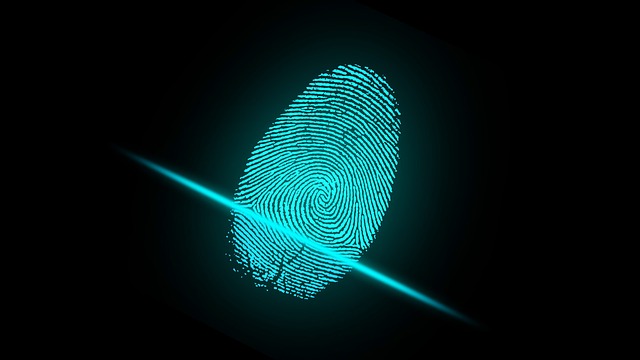The phenomenon named identity theft has become global news. And, it’s most likely that you have acquaintances that experienced and also became victims of identity theft. Or, it is possible that you have experienced this first-hand.
Whatever be the case, keeping yourself cautious both on and off the internet world will keep you away from identity theft. However, it sometimes becomes difficult to do so as numerous myths surround identity theft.
So, let’s decode those myths concerning www.noidentitytheft.com and see the facts that lie behind them.
Myth#1: Both the frauds regarding credit card and identity theft are more or less the same.
Fact#1: Even though they are not the same, fraudulent activities surrounding credit cards is one form of identity theft. That’s because the latter is nothing but stealing personal identity info for financial profits. So, other than credit card, it can also be social security numbers, medical records, etc.
In fact, researchers say that deceit of government documents are more than a bank, loan, and credit card frauds combined these days.
Myth#2: Some people think that email scams are just lame traps for identity theft.
Fact#2: There are some ridiculous email scams, yes! But, not all of them are like those. Some web criminals come up with creative and technically adept emails that look exactly from authentic websites such as Amazon, Flipkart, or even national banks. These emails claim that you have to verify account information or confirm identity due to unauthorized transactions. Clicking that link will take you to sites that look legitimate; however, it isn’t!
So, if you are in a dilemma when such an email comes and you can’t decide its authenticity, take the high road. Visit the website, or you can even call that organization’s customer care and verify the validity of that email.
Myth#3: Personal info such as birth date is not useful to criminals.
Fact#3: WRONG!
There are numerous personal details that people share these days casually on social media platforms. Some of them are DOB, ZIP code, phone number, email address, etc. However, they don’t realize these are delicate personal information that criminals can use for their personal gains.
They take these personal minutes of individuals and post them on underground websites for buying, selling, and trading personal information in bulk. These can be then used for fraudulent activities.
Myth#4: Only finances are affected via identity theft.
Fact#4: This is not entirely wrong, but there are various areas where criminals can use your information and identity that can cause harm to you or other people. For instance, say a person using your name and address on his forged driving license has been pulled over for a traffic breach. He also agrees to come to court. But, when he doesn’t appear, the arrest warrant will be issued under your name.
So, if you have all your details out in the open, it’s time to conceal them. For basic or high-level security, you can also seek the help of professionals like www.noidentitytheft.com to ensure safety from identity theft.
































No Comments
Leave a comment Cancel